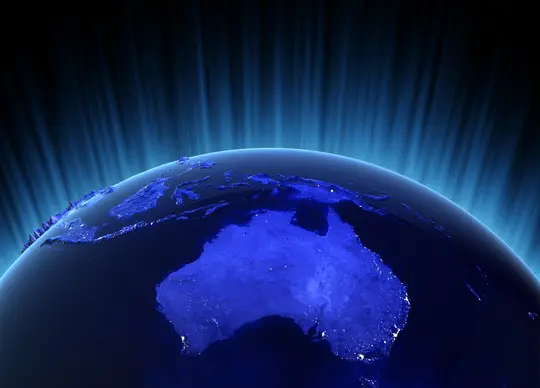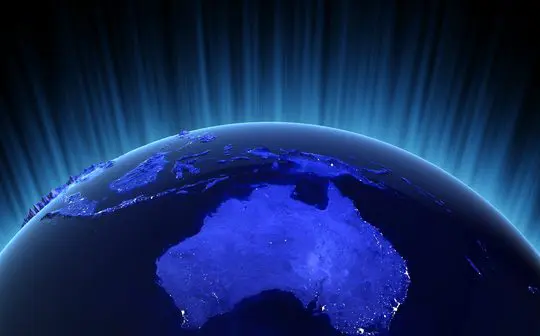
By Staff Writer.
Last month’s formal stand up of Australia’s Space Command as a Royal Australian Air Force domain generated plenty of headlines. The promise of access to space to defend Australia’s national interests and promote global security and stability is heady stuff.
Defence Space Commander Air Vice Marshal Cath Roberts says space is the ultimate high ground, and a Space Command will give Australia an unrivalled advantage in surveillance and intelligence collection.
“It is central to how we will fight and win in the future across multi domain operations, using advanced hypersonics, precision missile strikes and guided weapons,” Air Vice Marshall Roberts says.
“We are enhancing our sovereign capabilities so Australia can be self-reliant in the detection of threats and collection of information for the defence of our nation. This is crucial to gaining timely, accurate information for the safety and capability of our forces.”
Australia’s interest in the space sector isn’t new. There is a burgeoning commercial space sector, and the Australian Defence Force (ADF) has a long-standing interest in space. In 2018 the Australian Space Agency was established, and the Australian Government also plans to spend around $7 billion on space defence over the next ten years.
One of the primary aims of Space Command is to bring the various ADF space-related ventures under one lead organization. But you shouldn’t expect the ADF to be sending rockets into space or launching missiles from space anytime soon.
In the first few years, Australia’s Space Command will focus on advocacy, training, planning, and the design, construction, maintenance, and operation of ADF space capabilities. Air Vice Marshall Roberts says the immediate priority is to better integrate the many diverse elements of the ADF’s space capability. Space Command sounds very much like a military version of the Adelaide-based Australian Space Agency.
This year, the equivalent US organization, US Space Force, is in line for funding of almost US$20 billion – and that’s flagged to increase by about $5 billion in 2023. In comparison, Australia’s new Space Command will be a far more slimmed down affair.
“Australia’s Defence Space Command will initially be modest compared to those similar, well-established functions which exist among some of our allies,” said Defence Minister Peter Dutton at the recent Air and Space Conference in Canberra.
Mr Dutton says that while space remains primarily a civilian domain today, he expects space to take on greater military significance over the coming decades. He warns that not having access to space would have significant civil and military consequences.
Also, for the time being, Australia’s Space Command will remain under the watchful eye of the Air Force and Air Vice Marshal Roberts. Responding to questions Space Command will one day become a standalone ADF domain, Chief of Air Force Air Marshal Mel Hupfield told the Canberra conference you can never say never, but not to expect that to happen anytime soon.
“At the moment, we have a Space Command, but we are a small force,” the Air Marshal said. “We have to look at what’s the level of efficiency and effectiveness that we can get and whether a separate service for the Space Force is actually achievable, warranted, and sustainable.”





